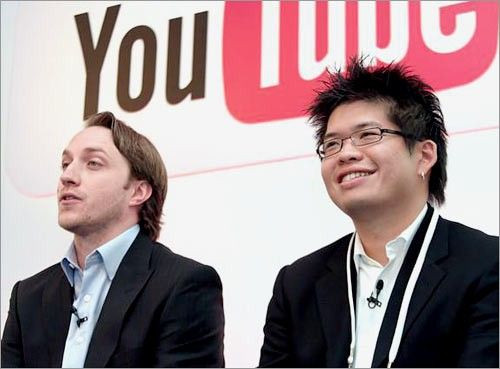YouTube Extends Video Time, Promises Copyright Protection

YouTube recently announced it is allowing certain users to create videos longer than the previous limit of 15 minutes, while assuring copyright holders that it won't be making a bad situation worse for them.
The 15-minute limit from YouTube was previously raised for all users from 10 minutes. This time, the additional time is only available to users that have a proven history of complying with the site's copyright rules. The company said even so, it is ramping up the amount of users allowed to do this very slowly.
We're raising upload limits to a limited set of users who have a proven history of complying with our copyright rules as well as our community guidelines. Our Content ID technology, along with the rest of our content management tools, have reached a level of coverage and sophistication that made us comfortable with this making this change for a small set of users. We have over 1,000 Content ID partners, including all of the major movie studios and music labels in the U.S., and participation in Content ID continues to grow, a YouTube spokesperson said in a statement.
YouTube is using ContentID to ensure the longer video time period won't allow more copyrighted material to be illegally uploaded. Viacom filed a lawsuit against the Google-owned company, alleging that it allowed its copyrighted content to be uploaded to the site. That suit is still ongoing as Viacom appealed the decision, which was in favor of YouTube.
ContentID has a reference file of specific song and video types, if a video matches this content then it will contact the rights holder. The rights holder can either have the clip blocked, allow for tracking metrics or monetize it. The matching technology can even track clips from home videos taping a TV screen. There are over three million hours of content in this file, YouTube said.
However, some content creators aren't buying ContentID's effectiveness. Susan Cleary, vice president and general counsel of the Independent Film & Television Alliance (IFTA), an association which represents independent film and TV companies, says the system is limited.
What if you don't want your film to be ad-based, you want to license it? Ad rep models aren't making anyone money. Maybe they are good for advertisers, but it's not the money stream that will finance future creations. It's not appropriate to protect, it's made to monetize clips, Cleary said. Major films, she said, are often not funded by ads, but by licensing revenue.
Viacom did not respond a request for comment.
© Copyright IBTimes 2024. All rights reserved.





















